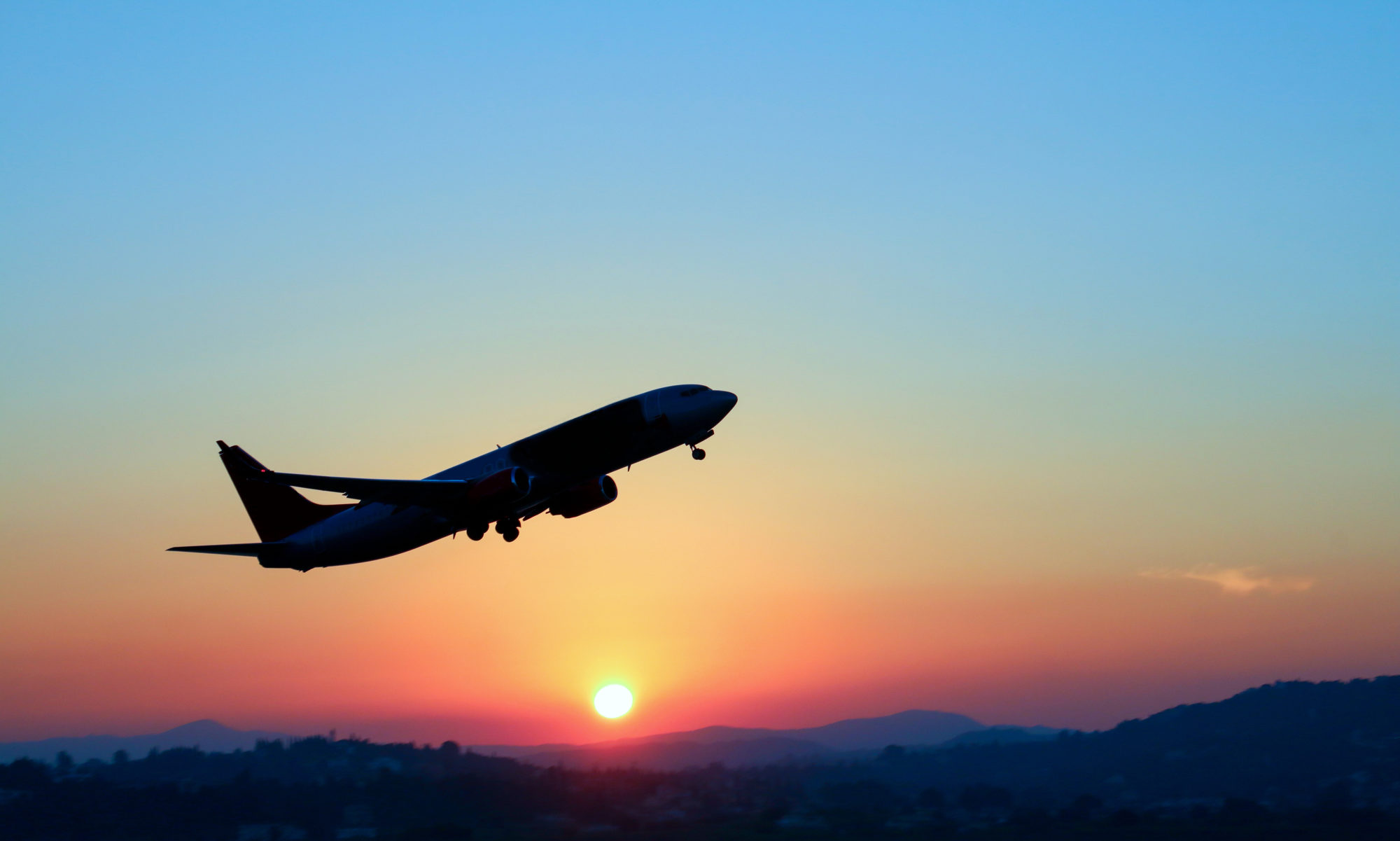That Air Canada expects the pandemic hangover to last at least three years, exposing the airline industry to endure its “darkest period ever,” portends deep instability for all aspiring travellers for the foreseeable future.
Canadians and Americans have a lot of places to go and activities to enjoy within a day’s drive—anticipating that the border shutdown between our countries doesn’t last indefinitely.
But without the sustenance of air travellers, the tourism infrastructure—hotels, entertainment venues, theme parks, all-inclusive resorts, and mom and pop roadside operations, can’t operate at full capacity and with complete menus for long. A winnowing of destination choices and services becomes inevitable.
As Air Canada Chief Executive Calin Rovinescu said in a statement dated May 4, “We expect that both the overall industry and our airlines will be considerably smaller for some time, which will unfortunately result in significant reductions in both fleet and employee levels.”
What you can extrapolate from that prediction is that other smaller airlines will suffer the same fate, perhaps even more acutely. And what this represents for your summer, fall and perhaps even winter 2021 travel plans, is that you prioritize your choices, get the most you can for your dollar, perhaps stay with what you know, scrutinize those “too good to be true” deals carefully and above all make sure you are protected should your plans change through no fault of your own.
Hold on to your money
Don’t commit to large deposits unless you have an assurance you can get all or most of your money back if you cancel. In these days of uncertainty there are plenty of hotels or resorts that are willing to cancel at the last minute (or at least within 48 hours of your scheduled arrival). But make sure you have those terms in writing and you can get your deposit or full prepayment back in cash. A refund in the form of a voucher or credit for future travel is no good to you unless you’re prepared to be an interest-free lender to your venue of choice for an unspecified amount of time.
This is particularly true if your choice of vacation is a cruise, as cruise lines don’t normally offer cash refunds—except when really pressed—as they are now that their ships are empty and idle. Today it is possible to get some guarantees of cash-back refunds from some lines, but that won’t last once the worldwide embargoes on cruise travel are lifted. And even if you have private travel insurance from an independent broker, unless you have a Cancel for any reason upgrade, don’t expect the insurer to provide a cash refund if your cruise line offers you a voucher or credit for future travel. That’s seen as payment in kind, and your insurer looks askance at double dipping.
The same is true for many airlines that continue to refuse cash refunds –even despite federal government orders that they do so. Both Canadian and US airlines are still resisting paying cash refunds for trips canceled due to Covid—despite government orders and class action court suits. In Europe, the governments of 12 countries are challenging the European Union to revoke a law requiring air carriers to offer cancelled-out passenger cash refunds instead of credits.
You don’t want to be stuck in the middle of these disputes. Read your travel documents carefully—every word. Don’t get locked into a situation where your money is tied up indefinitely even if the deal you’re offered “is too good to be true.”
And if you’re using a travel advisor—travel agent or travel insurance broker– make sure you understand the deal you’re making. And as a bottom line-put out as little cash as possible, and only at at the last possible minute.
© Copyright 2020 Milan Korcok. All rights reserved.

